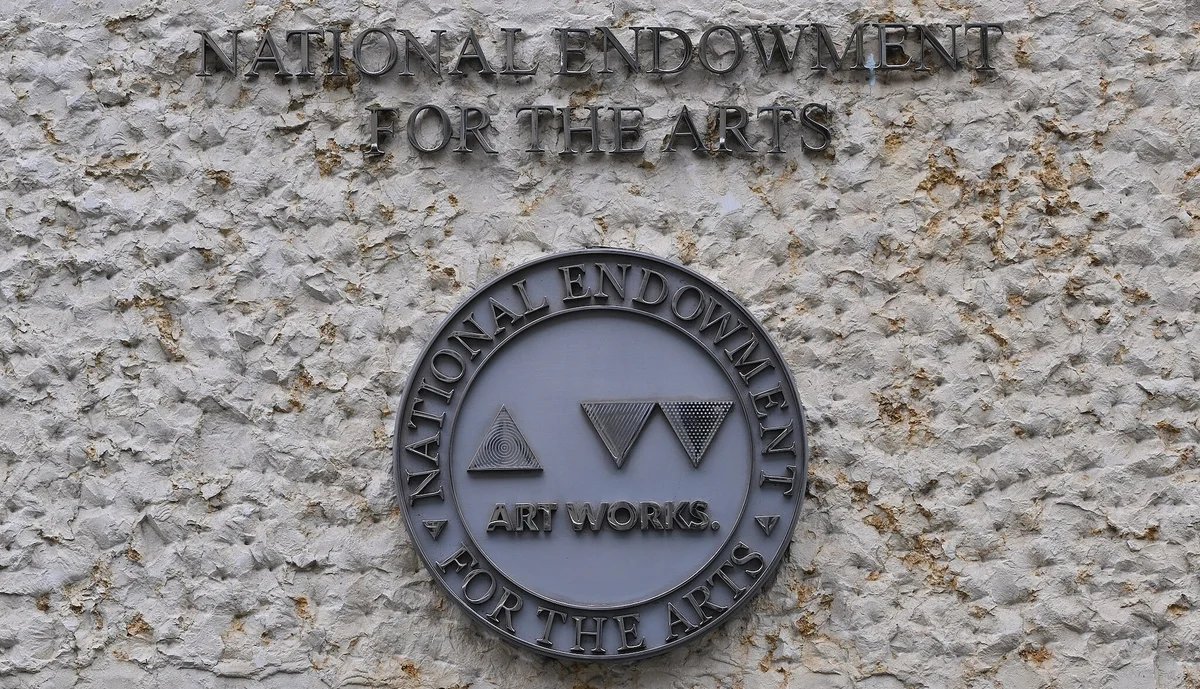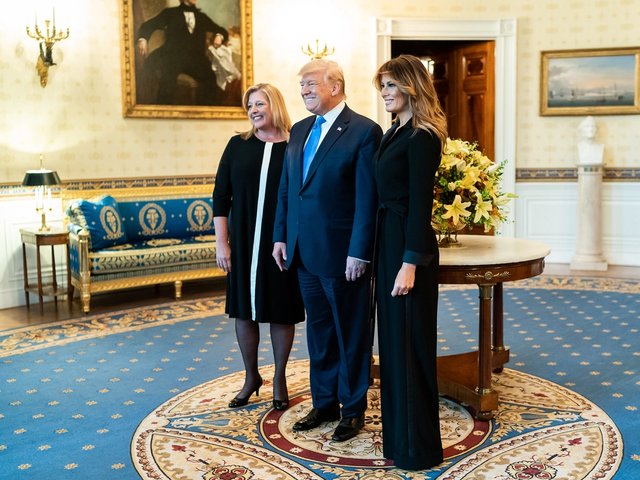A US federal judge in Rhode Island ruled on Friday (19 September) that a recently instated National Endowment for the Arts (NEA) policy of reviewing grant applications for compliance with president Donald Trump’s executive order on “gender ideology” violated the US constitution.
The lawsuit, filed in March by a group of arts organisations, pushed back against policies the NEA adopted stipulating that federal funds "shall not be used to promote gender ideology". After the lawsuit was filed, the NEA softened the terms of its "gender ideology" policy, stipulating in a "final notice" that the chair of the endowment would review grant applications on a “case-by-case” basis “for artistic excellence and merit including whether the proposed project promotes gender ideology”.
The changes to the NEA's grant-making policies were adopted following an executive order Trump signed on the first day of his second term(20 January), titled "Defending Women From Gender Ideology Extremism and Restoring Biological Truth to the Federal Government". It defined "gender ideology" in part as "the false claim that males can identify as and thus become women and vice versa".
The organisations that filed the lawsuit include Rhode Island Latino Arts and the New York-based National Queer Theater, which stated that they had supported or produced work by transgender individuals. The suit argued that the new regulations violated their First Amendment rights, potentially barring them from seeking grants “on artistic merit and excellence grounds”. The American Civil Liberties Union (ACLU) supported the suit.
Judge William E. Smith, a senior district judge who was appointed by president George W. Bush, stated in his ruling that the 1965 law creating the NEA advised that the grants be awarded “on talent alone, irrespective of the artists’ viewpoints or the messages conveyed in their works”, according to The New York Times.
The judge's ruling found that even the loosened review process outlined in the NEA's "final notice" text violated the First Amendment. “With the final notice in effect, projects deemed to promote gender ideology are less likely to be approved for NEA funding,” the ruling stated. “The final notice is thus a restriction on artists’ speech, and one that is viewpoint based, because it assigns negative weight to the expression of certain ideas on the issue of gender identity.”
Vera Eidelman, a senior staff lawyer for the ACLU, called the ruling a “resounding victory”, telling Hyperallergic: “Given all of the efforts that we’re seeing this administration make to use every tool at its disposal and not at its disposal to impose ideological conformity, I think orders like this are incredibly important to remind individuals, the public and the government that it doesn’t get to use government funds to force people to say only what the government wants to hear”.







